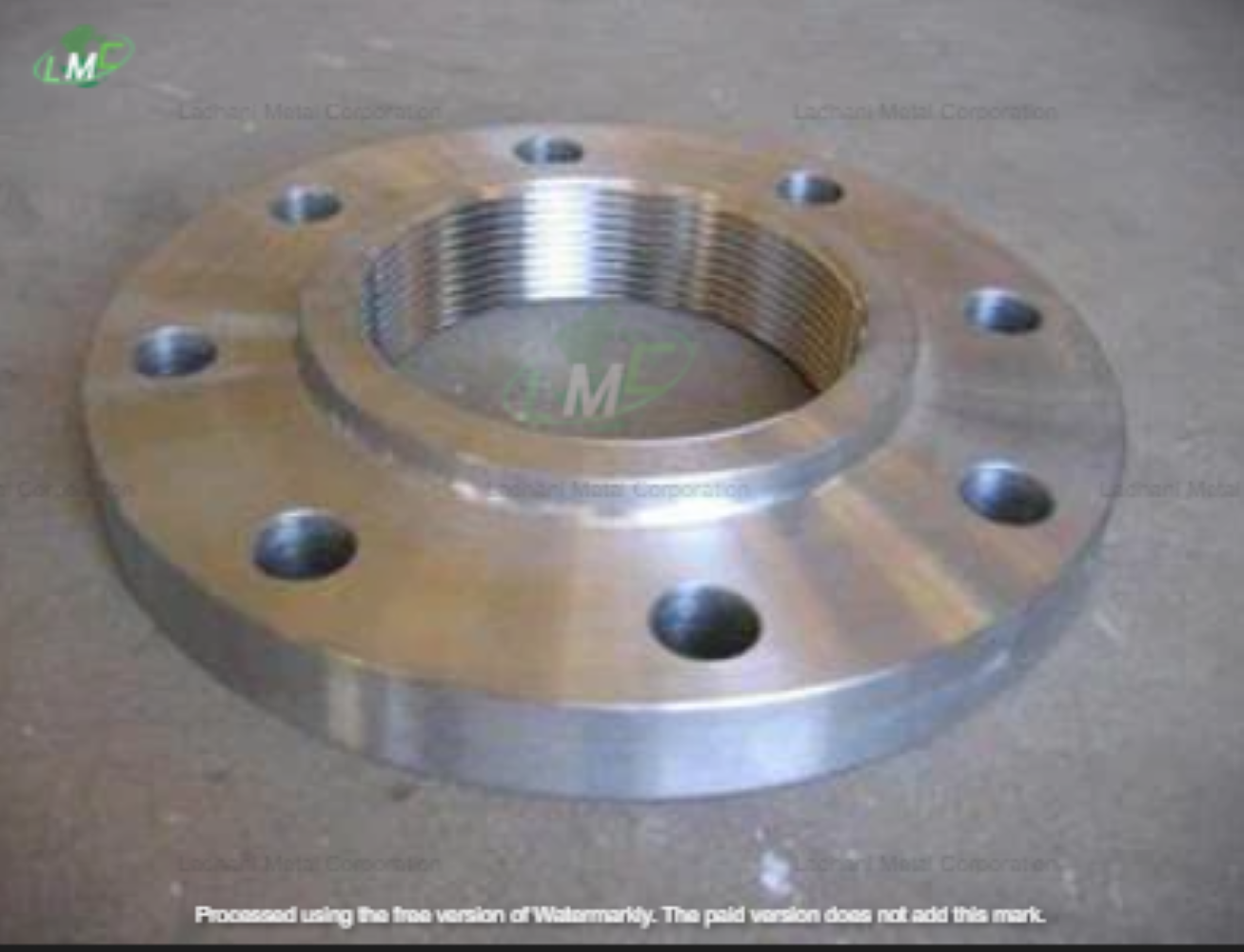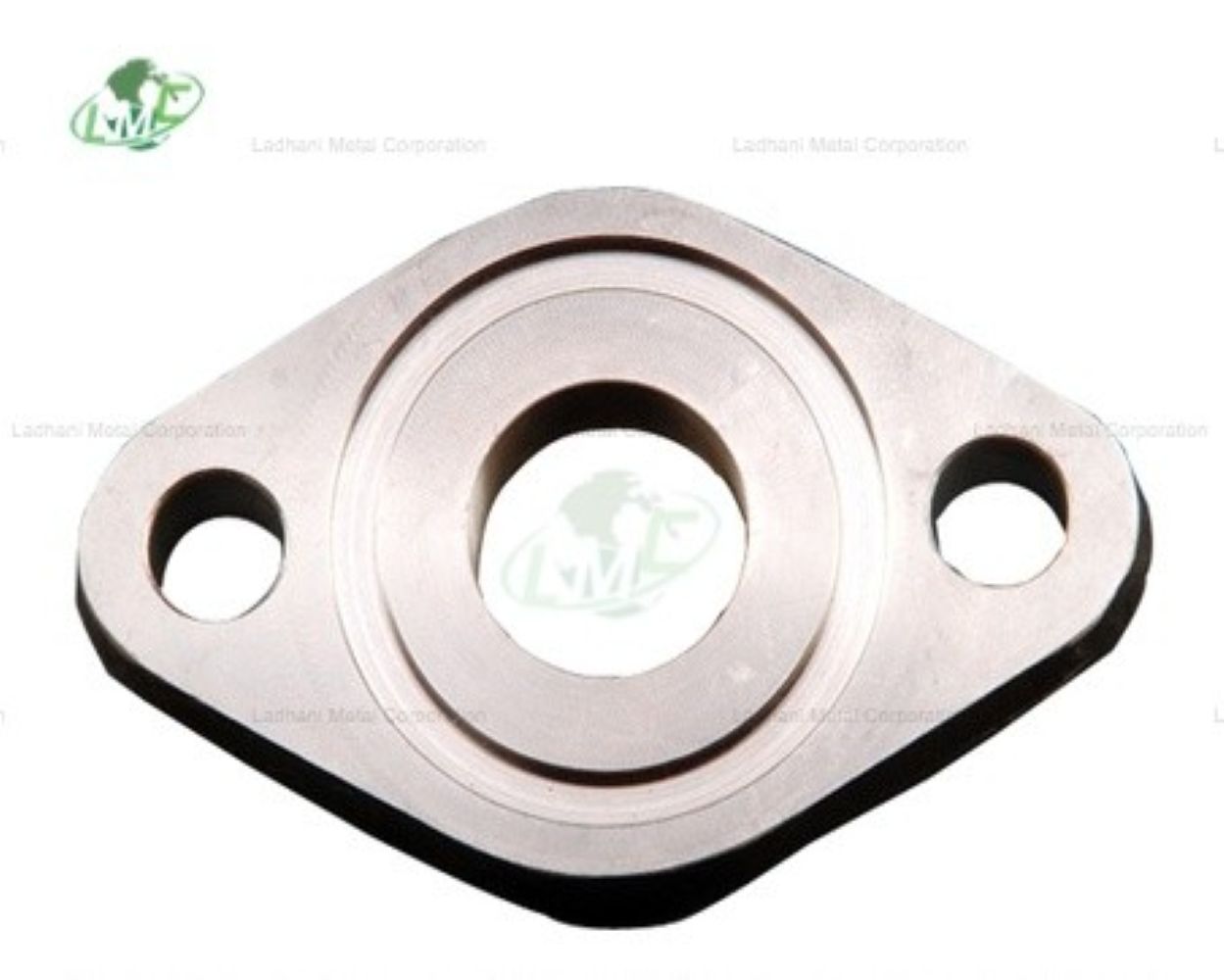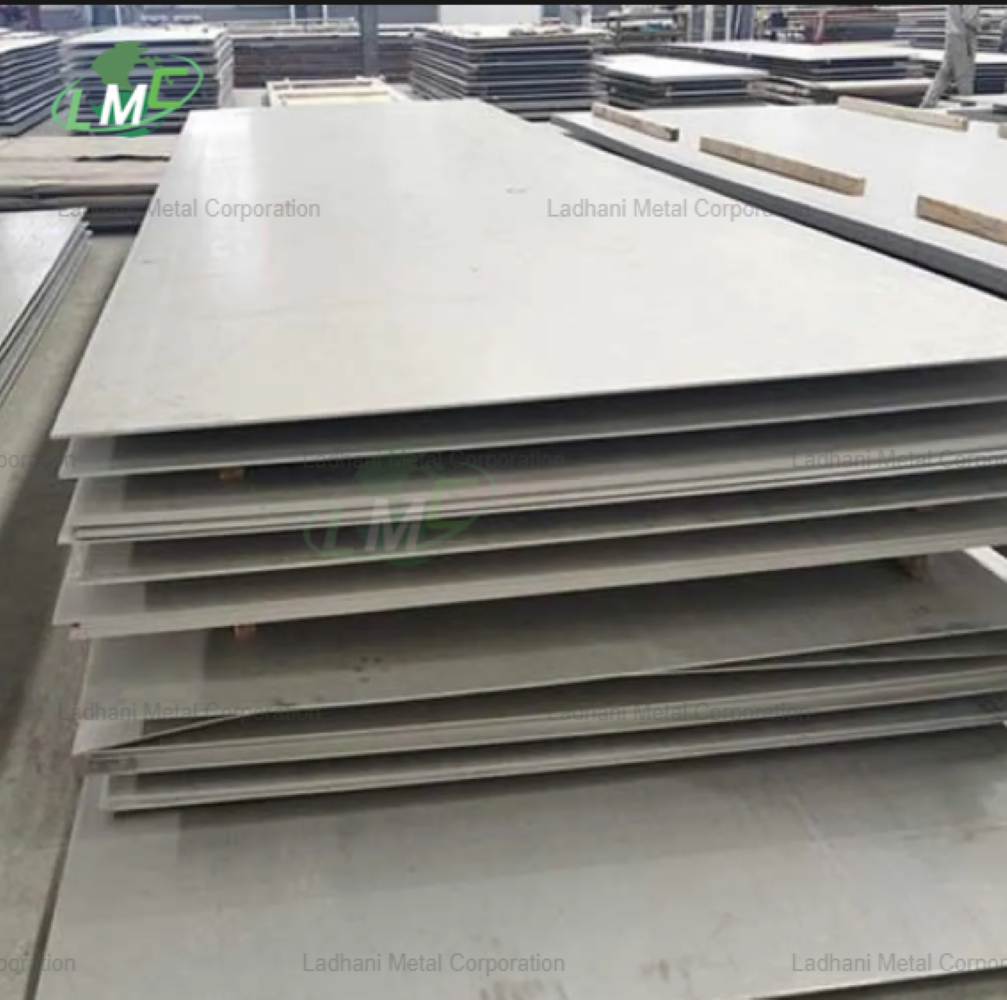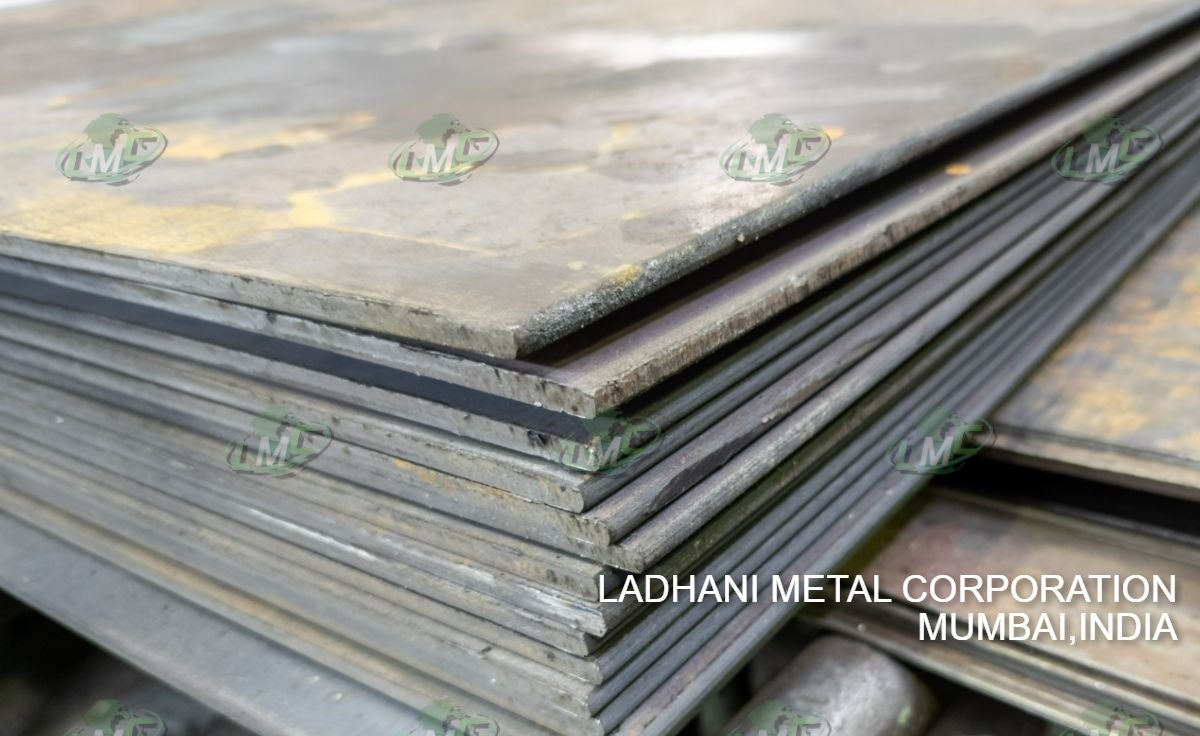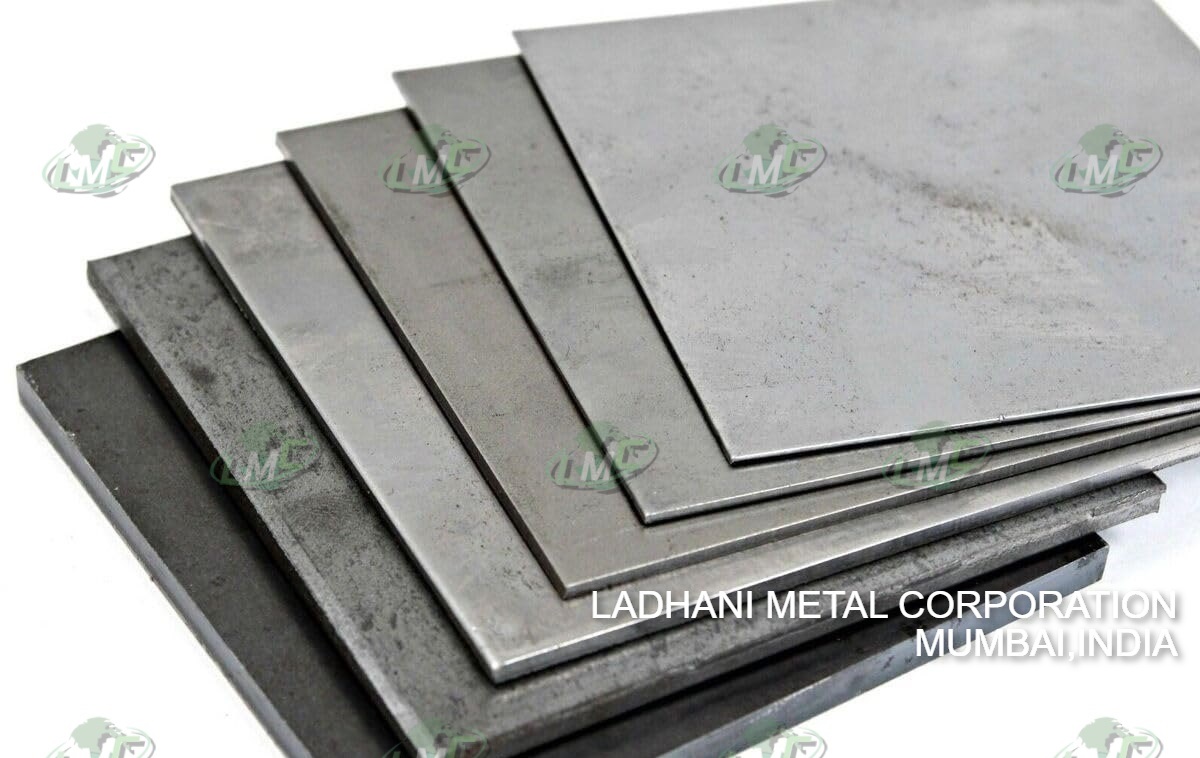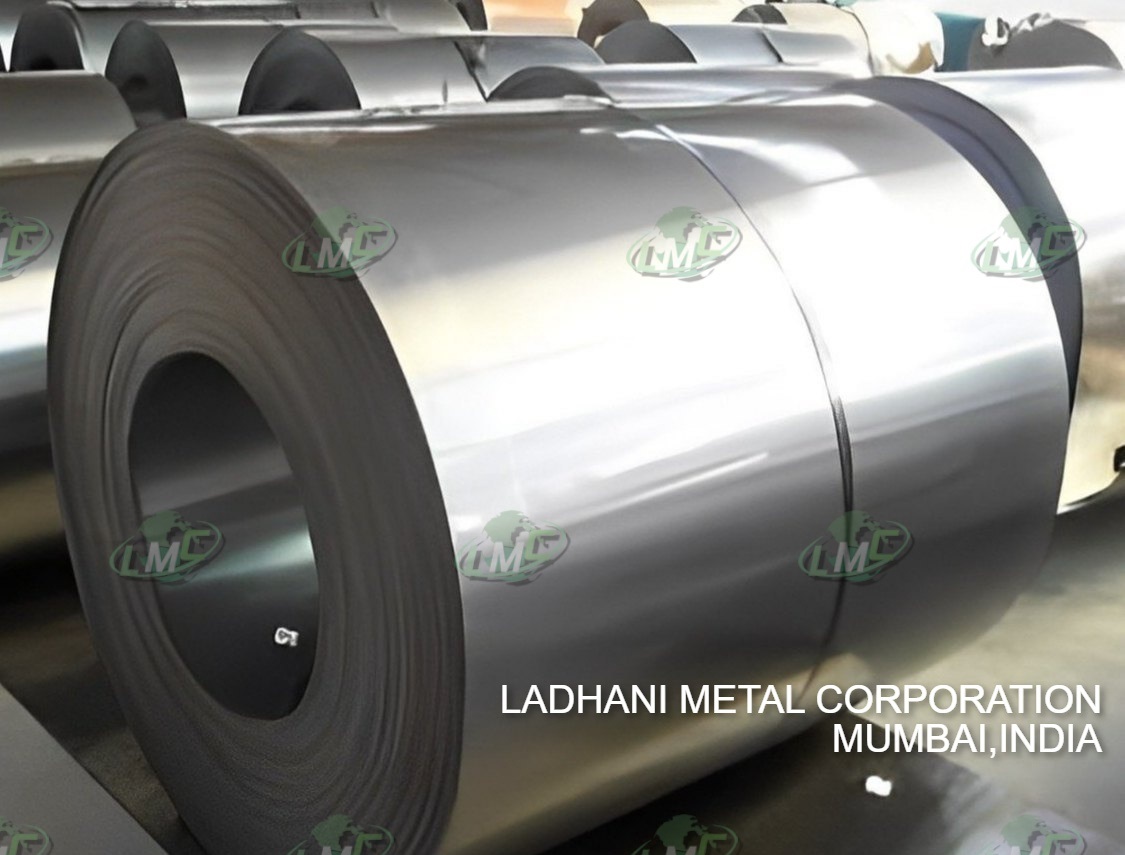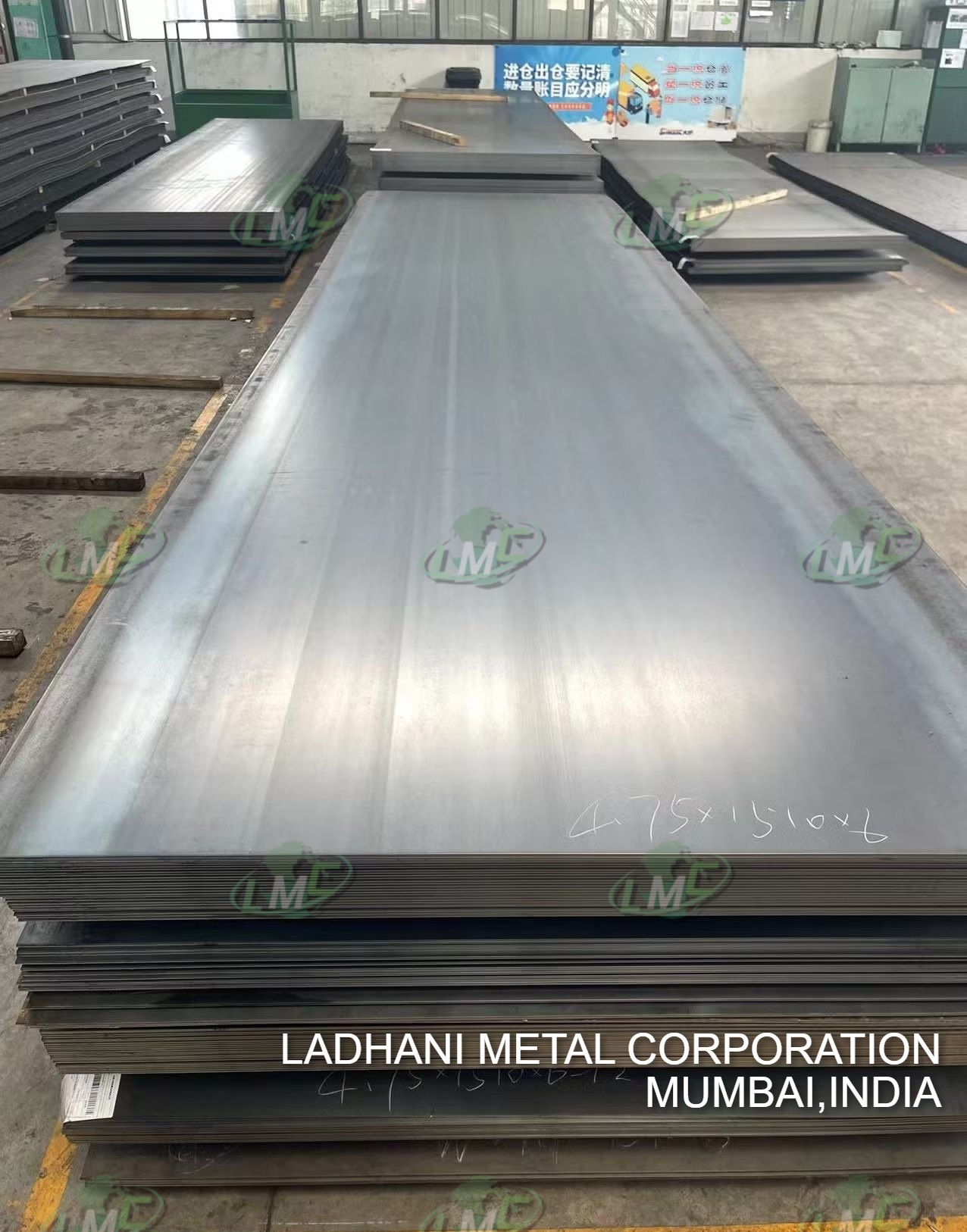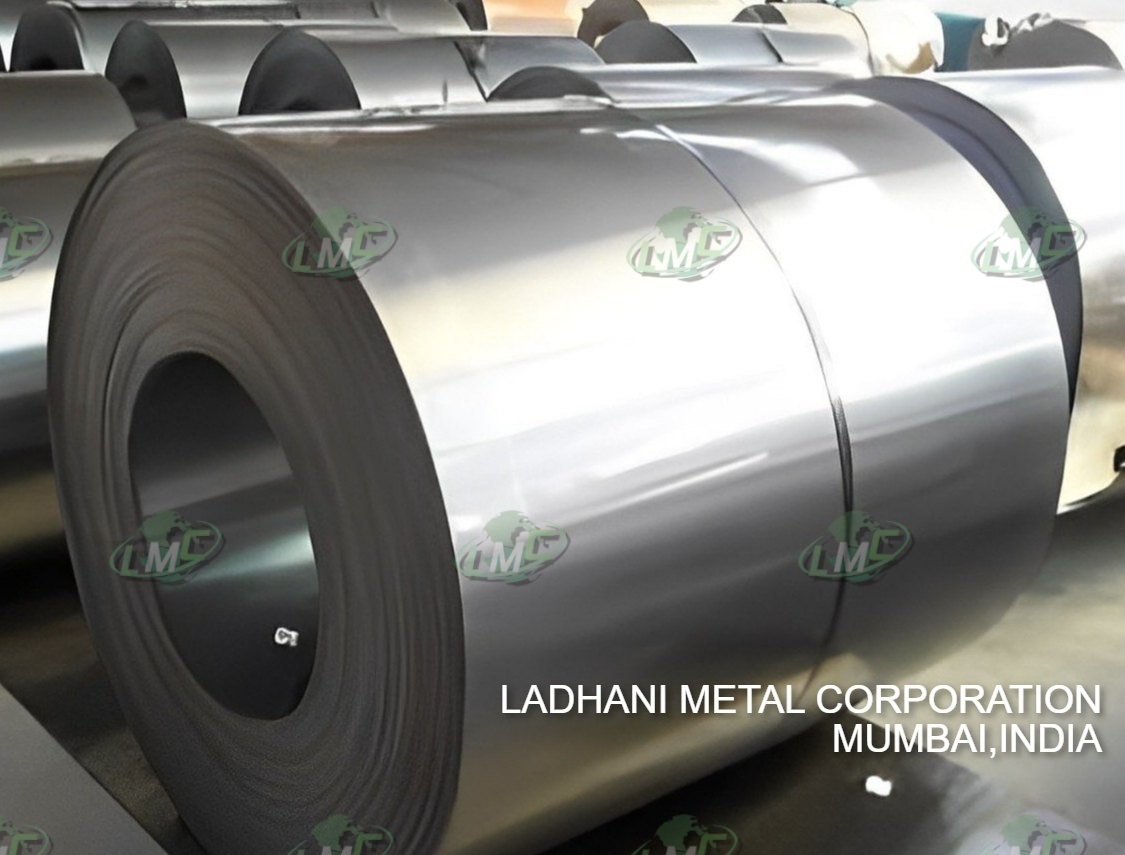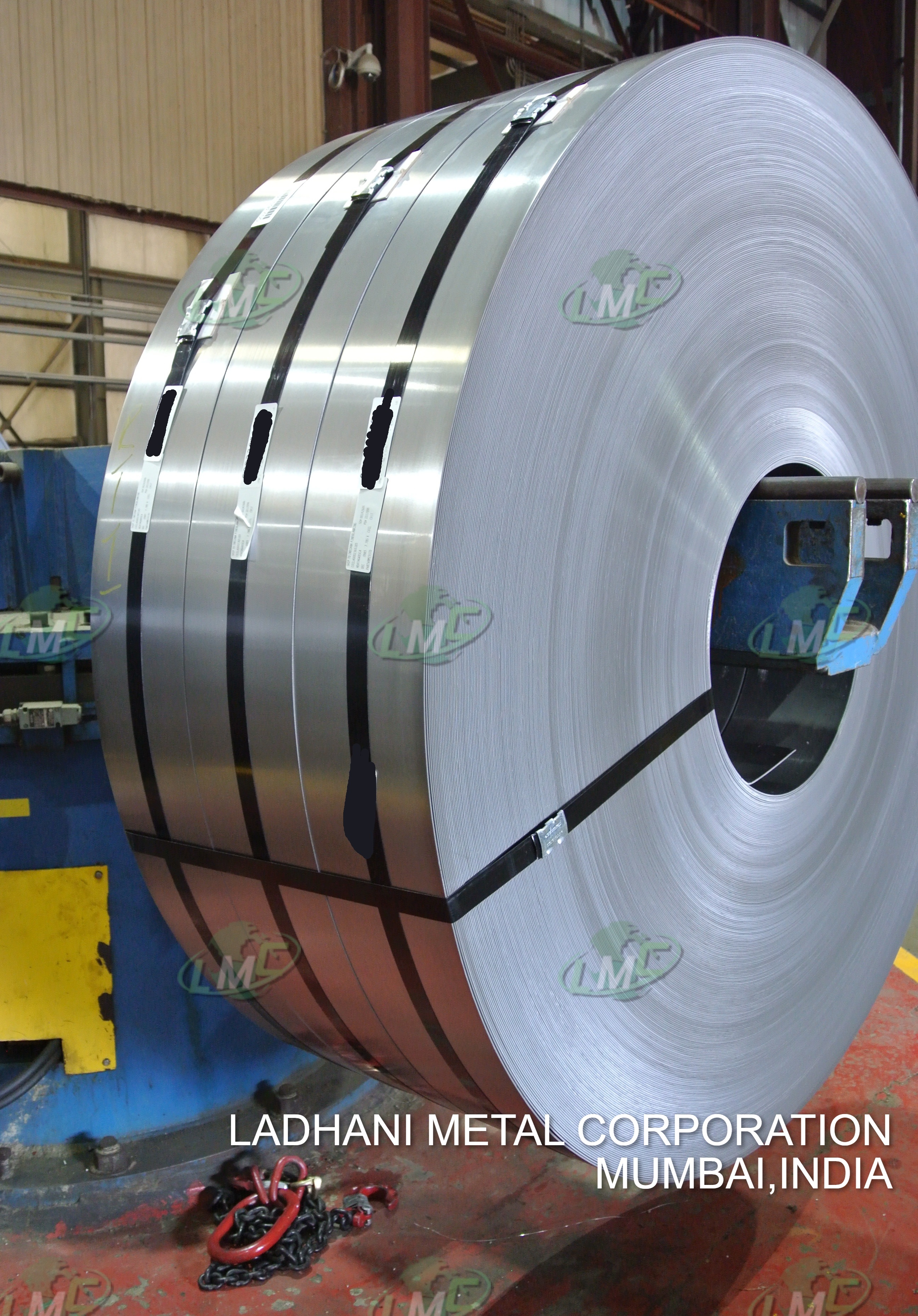DIN 2569 Carbon Steel Flanges PN 100 are precision-engineered welding neck flanges manufactured from high-strength carbon steel, designed to perform reliably in high-pressure and high-temperature industrial environments. Built to DIN 2569 standards, these flanges offer excellent mechanical strength, structural integrity, and thermal performance, making them ideal for use in industries such as oil and gas, power generation, petrochemical, construction, and general engineering. Ladhani Metal Corporation is a reputable manufacturer and exporter of carbon steel flanges, providing products that conform to stringent global standards. The welding neck design allows for permanent and high-integrity pipe connections, making these flanges particularly suitable for applications subject to pressure fluctuations, vibration, and thermal cycling. Pressure Rating: • PN 100 (100 bar / 1450 psi): Specifically designed for high-pressure systems that require reliable sealing, robust mechanical strength, and thermal endurance in demanding industrial conditions. Flange Types: • Welding Neck Flanges Provide a tapered hub for stress distribution, ideal for high-pressure piping systems. • Raised Face (RF) Flanges Facilitates efficient gasket compression and sealing under elevated pressure and temperature. • Flat Face (FF) Flanges Used for connections with flat-faced components or non-metallic sealing materials. • Forged Welding Neck Flanges Offer enhanced strength, dimensional accuracy, and pressure resistance. • Custom-Machined Flanges Available in a wide range of sizes, pressure classes, and carbon steel grades to meet specific project needs. Carbon Steel Grades and Composition: 1. ASTM A105 (Forged Carbon Steel) Composition: • Carbon (C): 0.35% max • Manganese (Mn): 0.60–1.05% • Phosphorus (P): ≤ 0.035% • Sulfur (S): ≤ 0.040% • Silicon (Si): 0.10–0.35% Applications: Commonly used in pressure systems, valves, and flanges for oil and gas and general-purpose industrial applications where temperature and pressure are moderate to high. 2. ASTM A350 LF2 (Low Temperature Carbon Steel) Composition: • Carbon (C): ≤ 0.30% • Manganese (Mn): 0.60–1.35% • Phosphorus (P): ≤ 0.035% • Sulfur (S): ≤ 0.040% • Silicon (Si): 0.15–0.30% Applications: Ideal for low-temperature service, particularly in cryogenic or arctic environments in oil refineries, LNG plants, and chemical processing. 3. ASTM A516 Grade 70 (Pressure Vessel Quality Carbon Steel) Composition: • Carbon (C): ≤ 0.30% • Manganese (Mn): 0.85–1.20% • Phosphorus (P): ≤ 0.035% • Sulfur (S): ≤ 0.035% Applications: Used in boilers, pressure vessels, and heat exchangers where toughness and resistance to high-pressure and high-temperature conditions are essential. Applications of DIN 2569 Carbon Steel Flanges: • Oil and Gas Pipelines: Used for transporting crude oil, natural gas, and petroleum products under pressure. • Power Plants: Installed in steam lines, turbines, and heat recovery systems due to their thermal and mechanical reliability. • Petrochemical and Refinery Units: Applied in high-pressure processing systems and reactors. • Construction and Infrastructure: Used in water supply systems, fire protection networks, and structural piping. • HVAC and Mechanical Engineering: Employed in heating, ventilation, and air conditioning networks. Key Features: • Manufactured to DIN 2569 standard • Available in PN 100 pressure rating • High mechanical strength and impact resistance • Excellent weldability and structural integrity • Designed for permanent, high-pressure pipe connections • Supplied with test certificates, quality assurance documents, and traceability • Can be surface-treated with anti-corrosion coatings, galvanizing, or black painting Conclusion: DIN 2569 Carbon Steel Flanges PN 100 from Ladhani Metal Corporation are engineered to meet the demands of high-pressure industrial systems with strength, reliability, and cost-efficiency. Suitable for a wide range of applications across various sectors, these flanges are available in customizable sizes and material grades. For detailed specifications, bulk inquiries, or technical assistance, contact Ladhani Metal Corporation today

